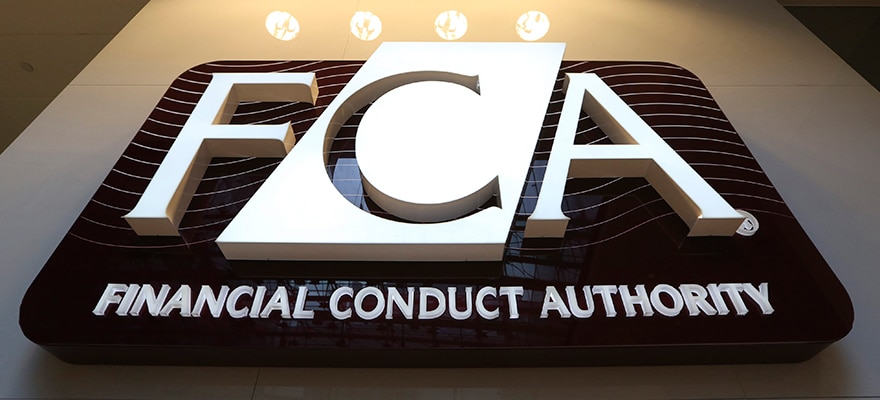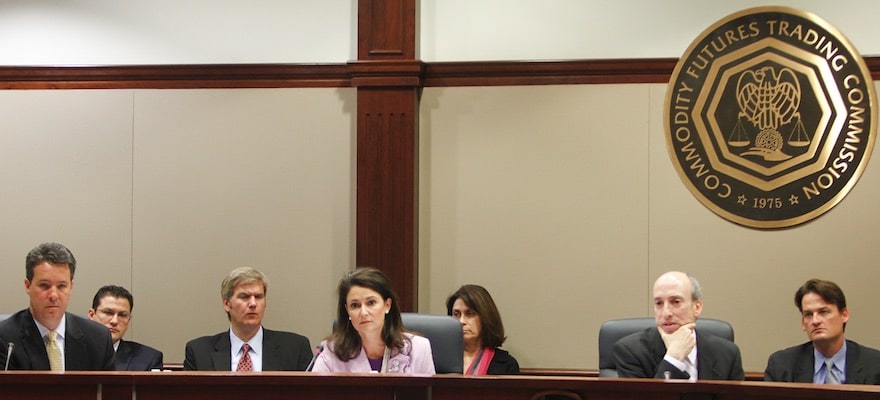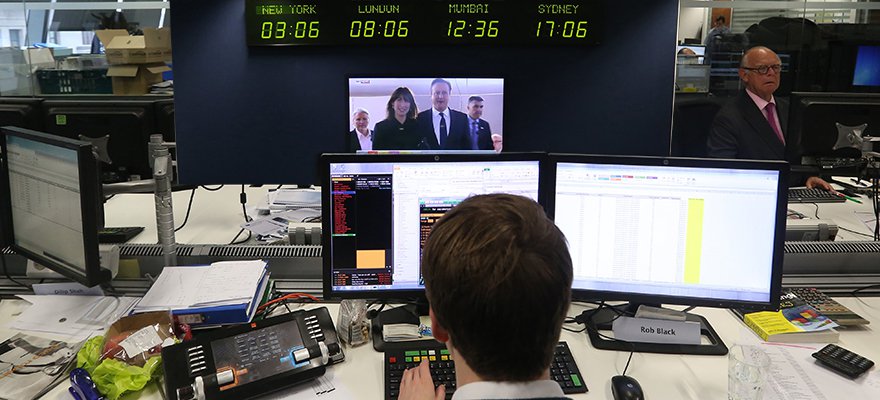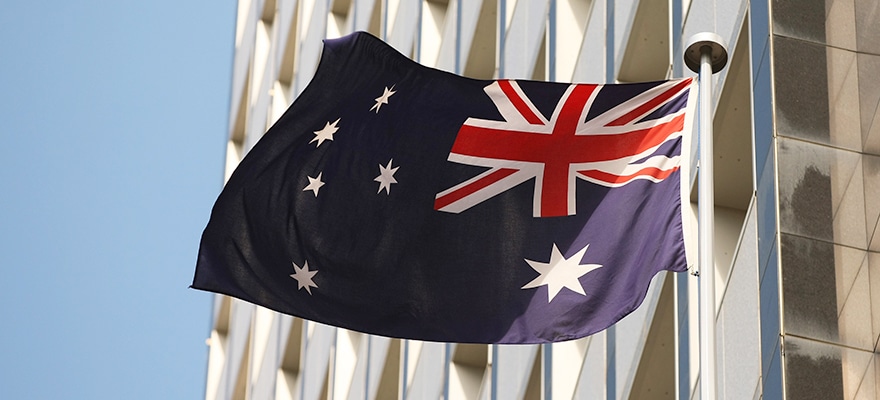Foreign Exchange (FX) trading offers vast profiting opportunities for investors and traders around the globe. However, whenever there is opportunity for profit, there is typically also opportunity for unscrupulous and illegal activities.
As such, FX trading has been open to a number of brokerages looking to profit from unregulated activities, causing regulators to tighten the reigns over the entire industry. In recent months we have seen increased oversight from regulatory bodies and traders have become more savvy, forcing many unregulated firms to decide between exiting the market or becoming regulated.
[gptAdvertisement]
US FX Regulations
The United States has the largest financial market in the world, and FX trading is just one of its components. However, it also imposes the strictest regulations when it comes to FX trading.
This is generally good for American citizens, as the government is seriously looking after its people’s financial wellbeing. However, these numerous and stringent rules are sometimes counterproductive and prevent Americans from engaging in transactions otherwise enjoyed by FX operators in other countries.
The jurisdiction’s over-leveraged FX transactions fall under the mantle of the US Commodity Futures Trading Commission (CFTC ). By extension, the National Futures Association (NFA) monitors the strict compliance to financial standards by online brokers.
Moreover, public access to data and information, which includes but is not limited to lists of the brokerages’ legitimate accounts and financial position, is required. As such, many foreign players are not allowed to enter the US FX trade.
United Kingdom’s FX Policies
Countries like the United Kingdom adopt and integrate innovative practices to regulate their local FX industry – such practices are expected to work at benefiting all FX players and stakeholders.
The UK’s Financial Conduct Authority (FCA) has over-arching regulatory, supervisory, and investigative and enforcement jurisdiction on Britain’s financial market, including its FX industry. The UK uses a cost-benefit approach in formulating its FX regulations.

Bloomberg
This is largely based on the principle that innovations should be incorporated to a feasible extent and should not be unduly restricted as is the case in the US. The UK adopts an international posture in its FX trade that is very competitive and friendly to offshore operators. It also established a government guarantee fund program for up to a maximum of 50,000 pounds as insurance protection for the affected clients of FX dealers who run into financial trouble.
Swiss FX Regulations
The Swiss banking system is one of the most trusted worldwide. Given this reliability, some would think that it also has the safest standards in FX industry. However, the 2009 Crown case proved otherwise. Because of this financial scandal, the government moved to authorize the Swiss Federal Banking Commission (SFBC) to have jurisdiction and impose regulations on Swiss FX trading.
While this is a good move, safety-wise, it also inhibits other interested brokers and traders. Strict and voluminous documentation is required in setting up a brokerage firm and bank accounts for use in retail trading, as processes must adhere to rigid banking standards.
This article was written by Adinah Brown of Leverate.


















